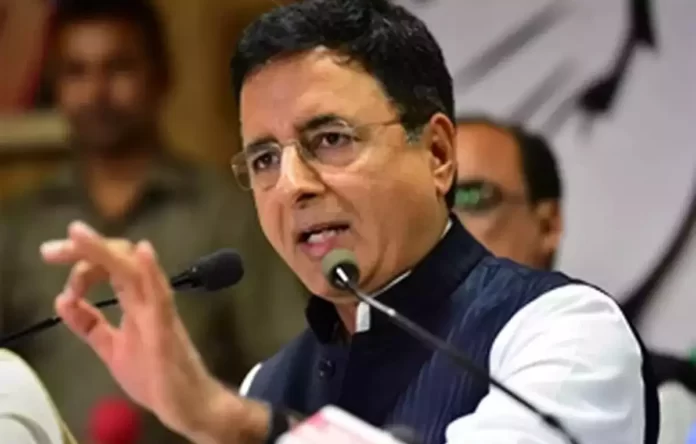In a significant legal development, a senior Congress leader has moved the Supreme Court seeking to restrain the central government from appointing new election commissioners. The move comes amid growing concerns over the impartiality and independence of the Election Commission of India (ECI) and the need to uphold the integrity of the electoral process. As the apex court prepares to hear the plea, the case has sparked debate and raised questions about the autonomy of constitutional bodies and the safeguards necessary to preserve democratic norms and principles.
The petition, filed by the Congress leader, raises critical issues pertaining to the appointment process of election commissioners and its potential implications for the functioning of the ECI. At the heart of the matter lies the contention that the central government’s unilateral authority to appoint election commissioners without consulting opposition parties or other stakeholders undermines the impartiality and credibility of the electoral watchdog. By seeking judicial intervention to restrain the Centre from making new appointments, the petitioner aims to uphold the constitutional mandate of the ECI and safeguard its independence from executive interference.
The timing of the petition is noteworthy, coming at a time when the ECI is gearing up for crucial electoral processes, including state assembly elections and the general elections scheduled in the near future. With the appointment of new election commissioners on the horizon, the petitioner seeks to ensure transparency, fairness, and inclusivity in the selection process, thereby reinforcing public trust in the electoral machinery and upholding the sanctity of democratic principles.
The plea also underscores broader concerns about the erosion of institutional autonomy and the politicization of key constitutional bodies in India. In recent years, there have been growing apprehensions about the undue influence exerted by the ruling government over regulatory agencies and statutory bodies, including the ECI. Critics argue that such interference compromises the impartiality and effectiveness of these institutions, undermining their ability to fulfill their constitutional mandates and serve as guardians of democracy.
Moreover, the petition highlights the need for comprehensive reforms to strengthen the institutional framework governing the appointment and functioning of election commissioners in India. By advocating for a more consultative and transparent selection process, the petitioner seeks to enhance accountability, fairness, and integrity in the conduct of elections, thereby bolstering the democratic fabric of the country. The case thus serves as a rallying cry for broader systemic reforms aimed at safeguarding the autonomy and independence of constitutional bodies and ensuring the free and fair conduct of elections in India.
The Supreme Court’s decision to hear the plea holds significant implications for the future of electoral governance in India. As the custodian of the Constitution and the guardian of fundamental rights, the apex court plays a crucial role in upholding the rule of law and protecting democratic institutions from undue interference. Its verdict on the matter is likely to set a precedent for future cases involving the appointment and functioning of election commissioners, shaping the contours of electoral governance in India for years to come.
The case also reignites debates about the separation of powers and the delicate balance of authority between the executive, legislature, and judiciary in a democratic system. By adjudicating on the validity of the central government’s authority to appoint election commissioners, the Supreme Court reaffirms its role as a check on executive power and a defender of constitutional values. Its verdict will be closely watched not only for its legal implications but also for its broader implications for democratic governance and institutional integrity.
However, the petition filed by the Congress leader seeking to restrain the central government from appointing new election commissioners underscores the importance of upholding the autonomy and independence of constitutional bodies in India. As the Supreme Court prepares to adjudicate on the matter, the case assumes significance in shaping the future of electoral governance and democratic principles in the country. By advocating for transparency, fairness, and accountability in the selection process of election commissioners, the petitioner reaffirms the commitment to strengthening democratic norms and upholding the rule of law in India.

